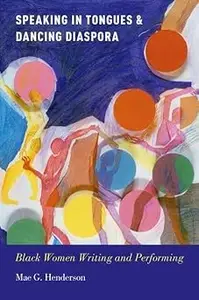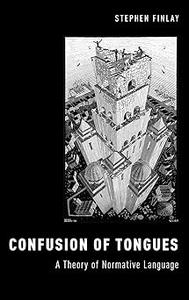
Free Download Mae G. Henderson, "Speaking in Tongues and Dancing Diaspora: Black Women Writing and Performing "
English | ISBN: 0195116593 | 2014 | 336 pages | PDF | 26 MB
The oral tradition has always played an important role in African American literature, ranging from works such as Zora Neale Hurston’s Their Eyes Were Watching God to Toni Morrison’s Beloved. These and countless other novels affirm the power of sonance and sound in the African American literary canon. Considering the wide swath of work in this powerful lineage – in addition to its shared heritage with performance – Mae G. Henderson deploys her trope of "speaking in tongues" to theorize the preeminence of voice and narration in black women’s literary performance through her reconstruction of a fundamentally spiritual practice as a critical concept for reading black women’s writing dialogically and intertextually.
